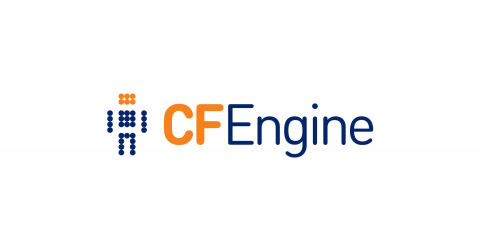Feature Friday #11: namespaces
Did you know that CFEngine has namespaces? Let’s see how they can facilitate policy sharing while avoiding “duplicate definitions of bundle” errors. Most of the Masterfiles Policy Framework (MPF) and policy examples for CFEngine use the default namespace. However, body file control allows you to specify a namespace that applies for the rest of the file or until it’s set again by another body file control.



